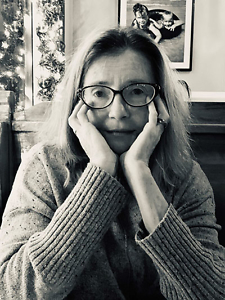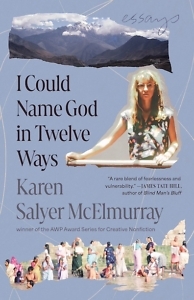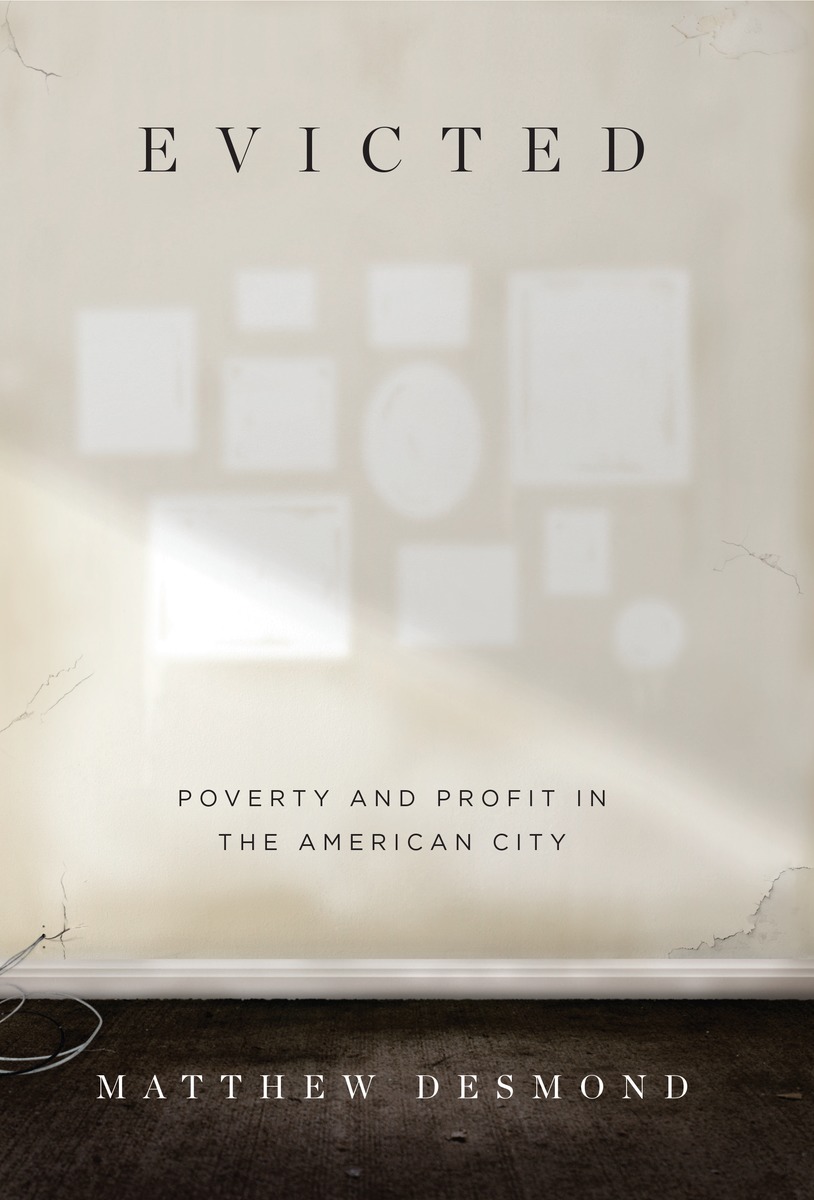A Place Called Vulnerable
Karen Salyer McElmurray retraces her life’s journey in I Could Name God in Twelve Ways
Award-winning writer Karen Salyer McElmurray’s collection of essays, I Could Name God in Twelve Ways, is many things at once: memoir, travelogue, and prayer. Taking inspiration from each of these forms and incorporating them into her singular lyrical prose, McElmurray reflects on her upbringing in rural Kentucky, her adventurous youth traveling the world, and her career as a writer and professor.
 The author, whose previous books include Wanting Radiance and the 2006 memoir Surrendered Child, pulls details from the disparate threads of her life to create associative, nonlinear meditations on larger themes. At one point toward the end of the book, she cites Patricia Hampl on the subject of writing memory: “The authority of memory is a personal confirmation of selfhood. To write one’s life is to live it twice, and the second living is both spiritual and historical.”
The author, whose previous books include Wanting Radiance and the 2006 memoir Surrendered Child, pulls details from the disparate threads of her life to create associative, nonlinear meditations on larger themes. At one point toward the end of the book, she cites Patricia Hampl on the subject of writing memory: “The authority of memory is a personal confirmation of selfhood. To write one’s life is to live it twice, and the second living is both spiritual and historical.”
McElmurray lives twice in this collection, honoring her coming of age as a woman traveling the world and weaving that story into her current process as an established writer and teacher battling present-day challenges of health, grief, and aging. Her reflections are personal and also about the craft of writing itself. I Could Name God in Twelve Ways is a gripping collection of braided lyric essays — but more than that, it’s a book-length love letter to the art of memoir.
The overarching theme of the book is a longing for spiritual connection. While this longing launches McElmurray across the world to the temples of Nepal, the spirit houses of Thailand, and the deserts of India, its seeds were planted in her girlhood attending a Baptist church in Kentucky, where she nursed big questions:
I knew my parents didn’t love each other, and my escape from their emptiness was saints. … On Sunday mornings, I sat drawing ankhs and peace signs in the back of my Bible and wishing the time would pass. Later in the church there’d be a Communion, grape juice and crackers, but first the text for the day. A saint I didn’t know. Anselm. “There is one nature, supreme among all existing things, who alone is self-sufficient in his eternal happiness.”
Saint Anselm is just one of the many writers, thinkers, and artists that McElmurray turns to throughout these pages – her own writing studded with their quotes and beheld like one of her beloved talismans collected in a faraway country.
 As she came of age, McElmurray wrestled with the long legacy of troubled women in her family, as well as their inability to speak about their feelings. One particularly moving piece, “Stella, in the Upstairs Room,” orients around the mystery of one of these women, who suffered from undiagnosed health issues and lived her life in her bedroom. Learning of Stella only through occasional whisperings over the years, McElmurray interrogates the fear that kept Stella’s life a secret and claims her own path forward into womanhood by exploring such vulnerabilities: “And so I write the child I was, in my mother’s shadow before I had even begun to know what light meant. I write the young woman I became, hungry for the next road out. I write the woman I am, her spirit some days full of holes. Somewhere between meanness and beauty is a place called vulnerable, and if we are lucky, we learn to ride through that country, all the windows down and the wind in our faces, telling us we are alive.”
As she came of age, McElmurray wrestled with the long legacy of troubled women in her family, as well as their inability to speak about their feelings. One particularly moving piece, “Stella, in the Upstairs Room,” orients around the mystery of one of these women, who suffered from undiagnosed health issues and lived her life in her bedroom. Learning of Stella only through occasional whisperings over the years, McElmurray interrogates the fear that kept Stella’s life a secret and claims her own path forward into womanhood by exploring such vulnerabilities: “And so I write the child I was, in my mother’s shadow before I had even begun to know what light meant. I write the young woman I became, hungry for the next road out. I write the woman I am, her spirit some days full of holes. Somewhere between meanness and beauty is a place called vulnerable, and if we are lucky, we learn to ride through that country, all the windows down and the wind in our faces, telling us we are alive.”
McElmurray’s definition of vulnerability as an emotional destination is foundational to the book — it’s the place she calls home amid her shifting locations and evolving romantic and familial relationships. She finds grounding and empowerment in openness, even amid the grief she feels following various life challenges: giving her son up for adoption, losing her parents, battling cancer, and losing love.
“Why choose riding the roads over a home? Is it because of how highways sound at night? Can strangers fill up your heart more than safety and love?” McElmurray asks herself in one essay. “Questions. Dreams. Journeys. Those are the ways stories have revealed themselves to me. Narrative arc. Structure. Plot. Are women’s lives always that clear? Mine certainly hasn’t been.” We are all familiar with the classic hero’s journey archetype we have encountered since the dawn of literature. In these essays, McElmurray gives us the story of a female troubadour, motivated by some of the same themes we’ve encountered in the male archetype: romance, adventure, wandering. However, paradoxical to so many of those classic tales, McElmurray finds strength in her moments of weakness and unknowing. I Could Name God in Twelve Ways is a testament to the power of vulnerability —in both walking one’s path and retracing one’s steps to tell the story.

Lauren Turner is a writer and musician (Lou Turner, Styrofoam Winos) in Nashville. She is an M.F.A. candidate in poetry at Randolph College and the author of Shape Note Singing, her debut chapbook from Vegetarian Alcoholic Press. Turner’s latest record, “Microcosmos,” has been featured in Uncut Magazine, Pitchfork, and on NPR’s All Songs Considered.



